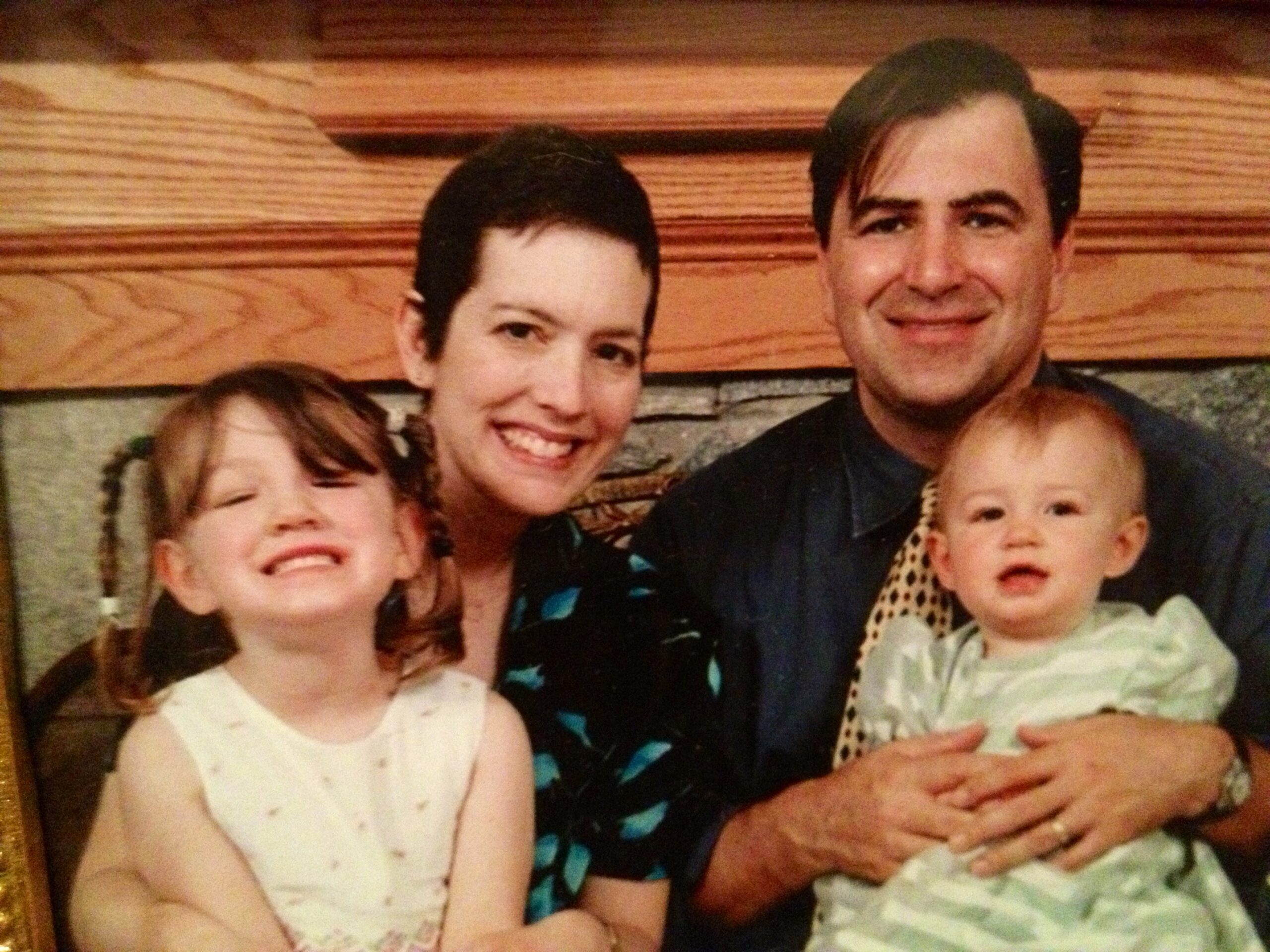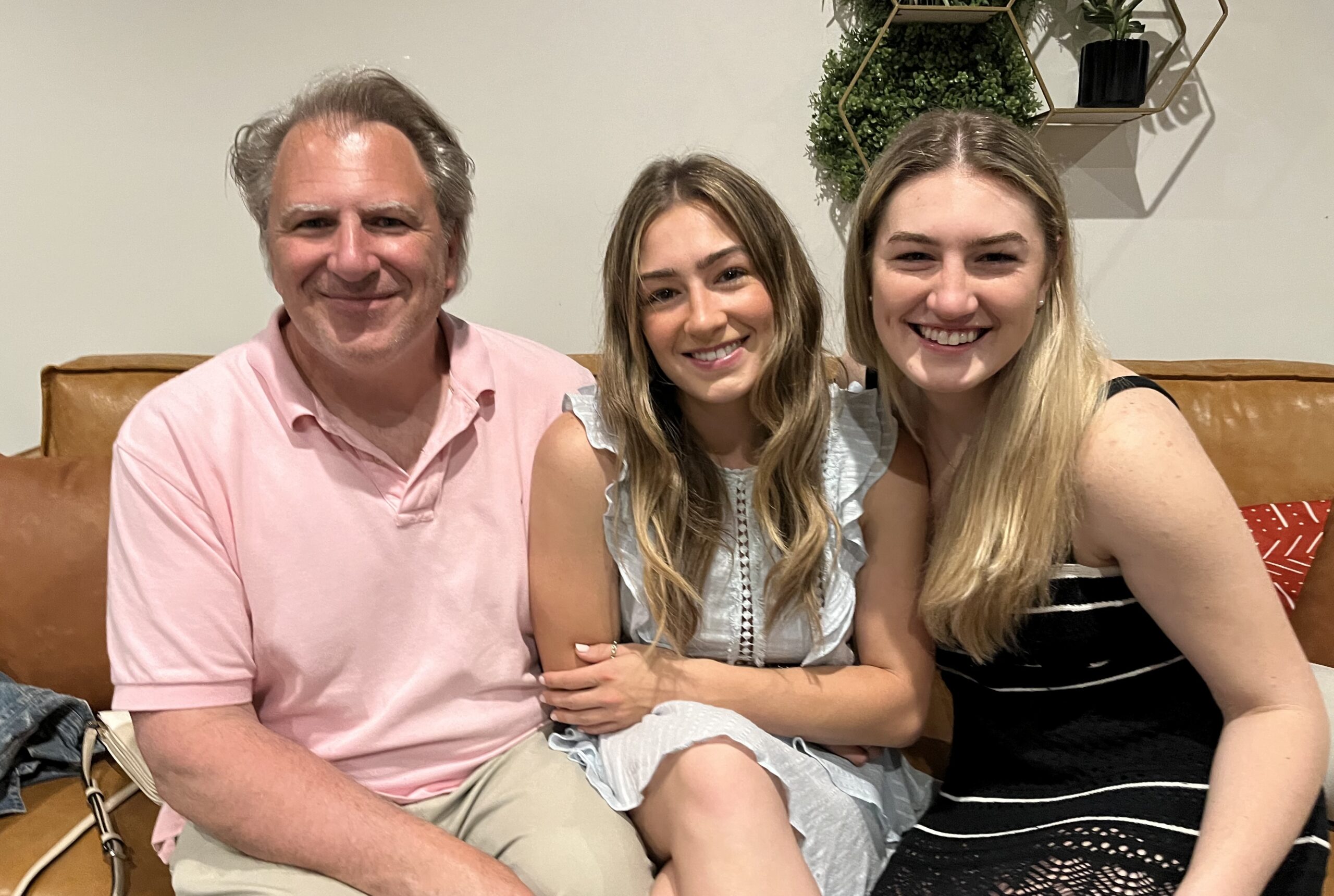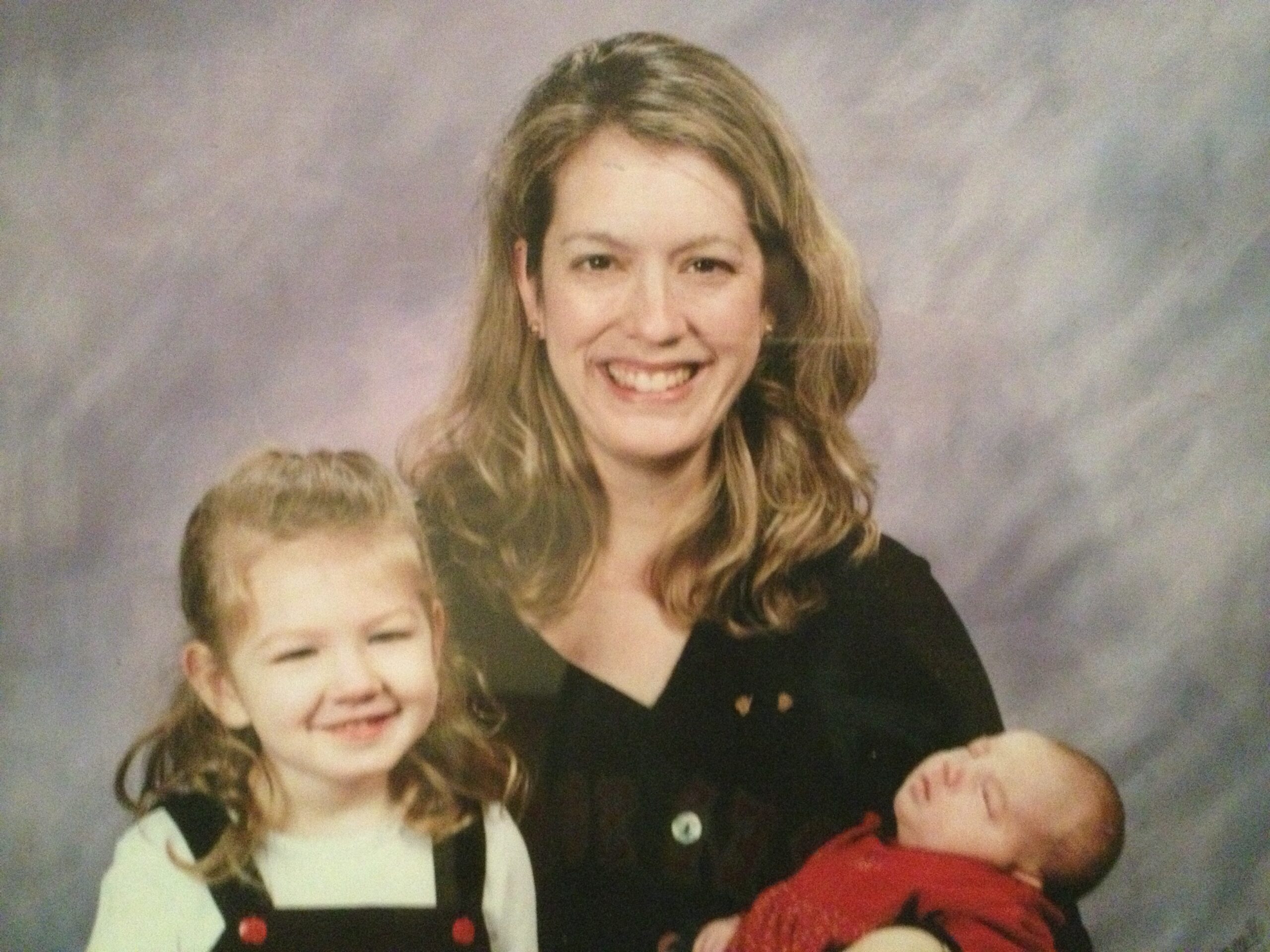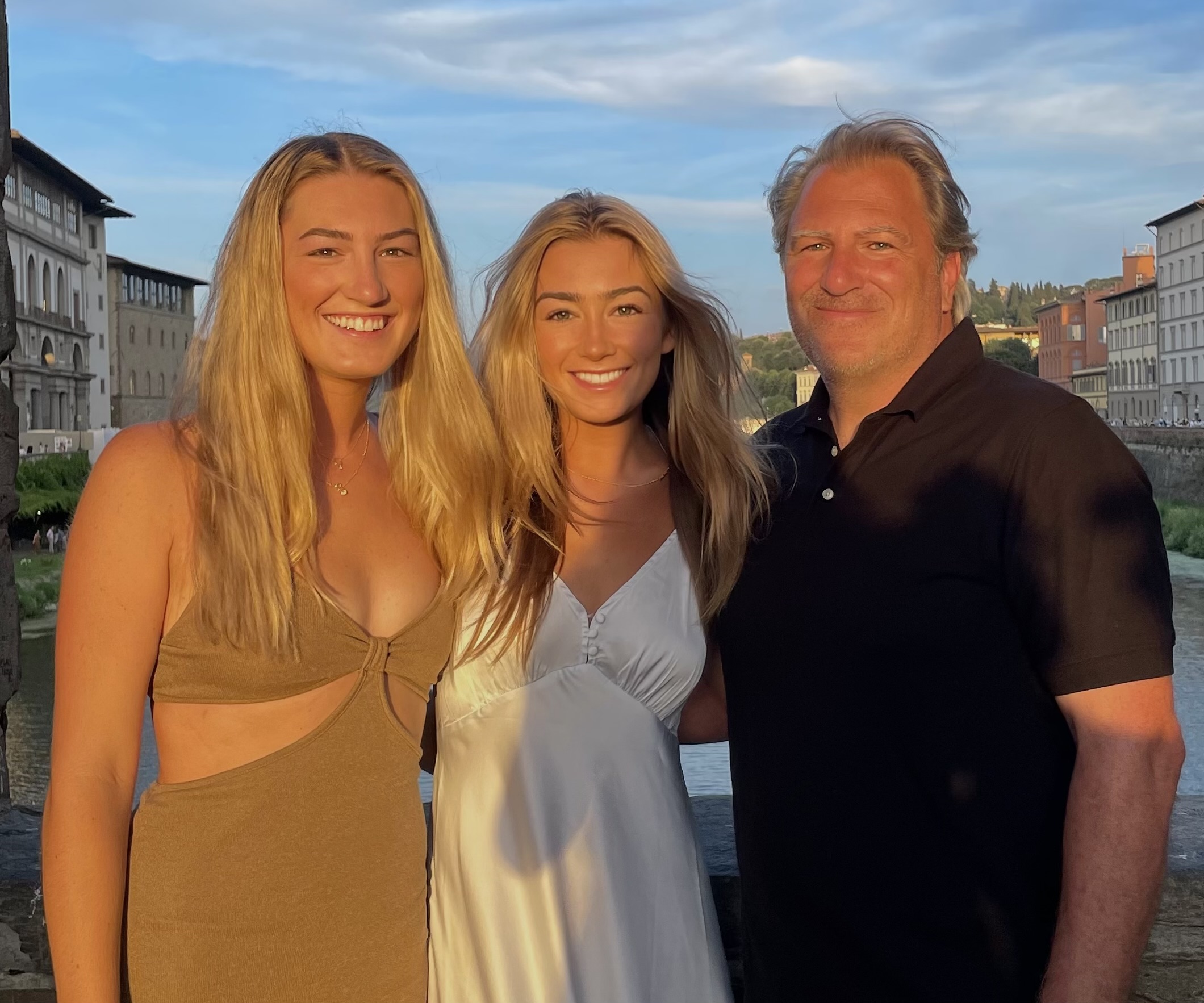Coping with Grief and Loss: How to Lean In After Someone Dies

When my wife died, I not only mourned her loss, but the loss of my best friend as well.
Since meeting in middle school, my best friend and I were inseparable. After school, you’d find us playing any number of competitive activities. We found ways to turn friendly games of basketball into fierce one-on-one competitions. We loved challenging each other, physically and intellectually. With both of us having hard-working parents, dinners were often improvised, flipping back and forth between homes. He was like family.
We came from distinctly different backgrounds – he was the son of first-generation Irish Nationalist immigrants, and I trace my roots back to America’s first settlers, and before that to a small village near Ipswich. Despite our backgrounds, we shared a love of many things, especially music.
We stayed connected as I left for university, and after earning my master’s degree and moving to Washington, DC to work in the US Senate, he always kept me grounded during my visits home.
How Grief Affects Friendships and Relationships
When my wife Amy and I decided to settle down and start a family, we moved back home to Connecticut, knowing that the 24/7 buzz of life in the Senate wasn’t conducive to family life. It was a difficult move for us, but knowing we were moving into a new home on the same street where my best friend lived made the transition more welcoming. It didn’t take long for our wives to also become best friends. After a 10-year absence, we were back to seeing each other frequently. As we each began to have children, our lives merged even more – indeed, life couldn’t be better.
Then Amy got sick.
Because of the nature of my wife’s advanced terminal cancer (synovial sarcoma) – she underwent intense chemotherapy, which caused temporary brain damage, followed by two major operations and paralysis. That meant we had little time to nurture relationships. As a result, I didn’t see people very much, but my best friend was still a consistent presence.
Then, my wife died on the day of my daughter’s 3rd birthday party. On the advice of professionals, we held her party that day. It would turn out to be the beginning of the dissolution of our friendship.
The Language of Grief: A Lifelong Journey
I was determined that my children wouldn’t lose me in addition to losing their mom. So, I worked hard to be present with them as much as the grief was present with me. To the extent I got help, it was on the margins – nothing would replace my role as their loving parent.
That meant I had less time to dedicate to other relationships, so I tended to respond most to those who were present – people who literally came over to bring food, check in on us, call me or arrange “playdates” with the kids. Through this, new friendships started to seed slowly.
As those took root, some old friendships, including my most coveted one, began to wither.
The weekends that were once full of activities with my best friend found me alone, isolated, and growing resentful.
I tried to reach out, but I wasn’t good at it, and at the time, it was all I could do to just get through a day.
I’m certain, in retrospect, that my best friend was deep in his grief. He loved my wife.
“I don’t want to bother you” was the most common refrain I heard when I’d check in. “I know you have your hands full.”
During the time when I needed him most, he was pulling away and leaning out.
I didn’t have access to information to help me understand the language of grief or help me realize I needed to be prepared for a lifelong grief journey. Everything I learned came from experience, and as we know, experience can be a brutal teacher.
I, as a caregiver and young widow at 38, had no connection to anyone who had been through this before – a kind of grief mentor, or at a minimum, have the benefit of a conversation with someone who had been through this. This serves as the inspiration for the work we’re doing now in exploring the creation of a caregiver program.
Finding Hope Through Connection and Support
I didn’t know when I lost my wife that I would be losing my best friend as well. I miss him dearly and realize now that I have been mourning the loss of that relationship, too.
There is nothing comfortable about grief. It is hard for all of those who have any kind of relationship to loss. But when given a chance, as difficult as it may be, please make a deliberate attempt to lean in. It’s easier to do nothing, or offer thoughts and prayers, but the real value comes when you can sit with someone who is grieving – not trying to diffuse it, redirect it or change it, just be with it, unconditionally.
The Importance of Leaning In
In my experience, those who shy away tend to do so because they aren’t comfortable with death or don’t know what to do or say. Know that even the simplest of actions can have a profoundly positive impact on someone who is suffering alone.
So, after someone dies, when given an opportunity, lean in.
For guidance or more information, please visit weareempower.org



